Dhaka’s tea trade
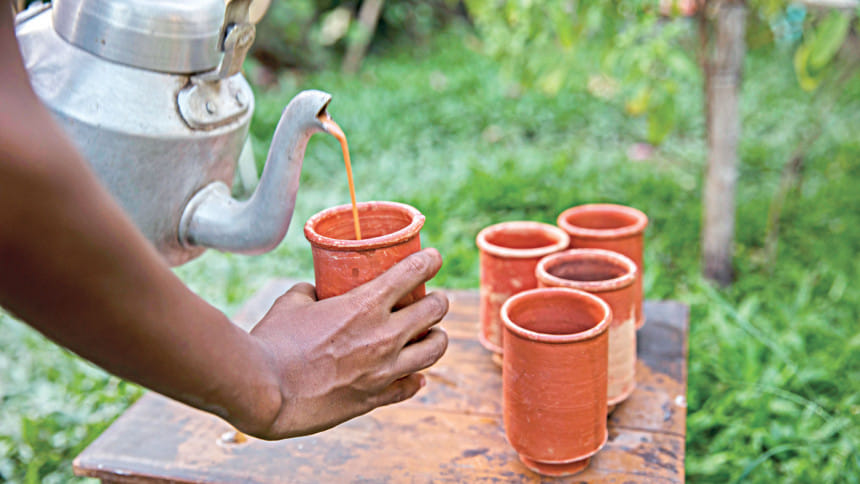
"Cha ar biskoot" (tea and biscuits) is Bangalee's favourite quick grab. And strong and flavoursome tea is our favourite. Looking for premium tea in Dhaka can be a tad difficult now but once the city boasted dedicated shops that sold different grades and blends of local tea.
We get blended tea in plastic packets from our bazaar or local grocers but CTC (crush, tear, curl) pellets of orange pekoe in brown paper packets, tied with thin jute ropes are not a common sight anymore.
Despite a robust domestic tea market, we have very few specialised tea stores in Dhaka selling exclusive products. The Halda Valley Tea Lounge offers exclusive silver tips and orthodox black tea. However, before all these, New Market's kitchen market had a lone store selling loose tea.
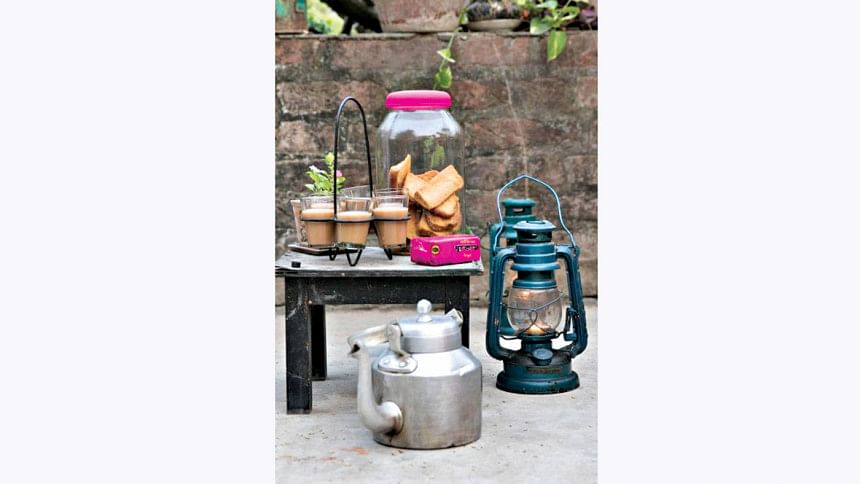
The big wooden chests of tea lots were stacked inside the shabby shop. There were rows of tin boxes the sides of which were made of transparent glass to facilitate the buyers to pick their choice; the boxes were lined with different grades of teas. The containers were arranged according to the tea categories, which a real tea lover would be able to appreciate.
The narrow by-lanes of Kaptan Bazar also have some tea shops selling loose tea. They buy tea lots from Chattogram tea auction and boast that they supply tea to most of our local tea stalls, namely the roadside tongs or tea canteens, famous tea spots in Chawk Bazar, Nazira Bazar -- even to reputed restaurants.
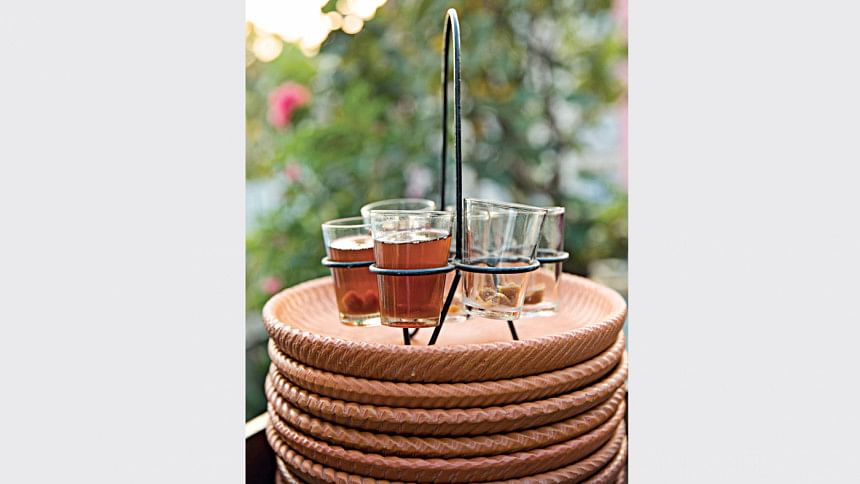
Long ago there used to be a famous tea store in Shantinagar Bazar that sold different grades of tea and a variety of loose tea powders like orange pekoe, orthodox, fanning orthodox tea, and premium blend tea; I picked the name orange pekoe from that store and thus began my tea adventures impressed with the complexity of the taste.
Pekoe is a particular grade of black tea made from the downy tips of the young buds of the tea plant and does not have an orangey flavour or colour, just so that you know. The story goes as far as the Dutch coming to India and introducing the best black tea to the royals. Now, the Dutch royal family belonged to the House of Orange, so naturally when tea came down to the commoners, they nicknamed it orange pekoe to isolate the kind from other variants and blends.
Today, Dhaka's tea scene is going strong with exclusive tea bars offering premium loose tea. In the city's evolving tea scene, the legacy of teas persists despite challenges in the industry, highlighting a market coming to terms with new norms and preferences.
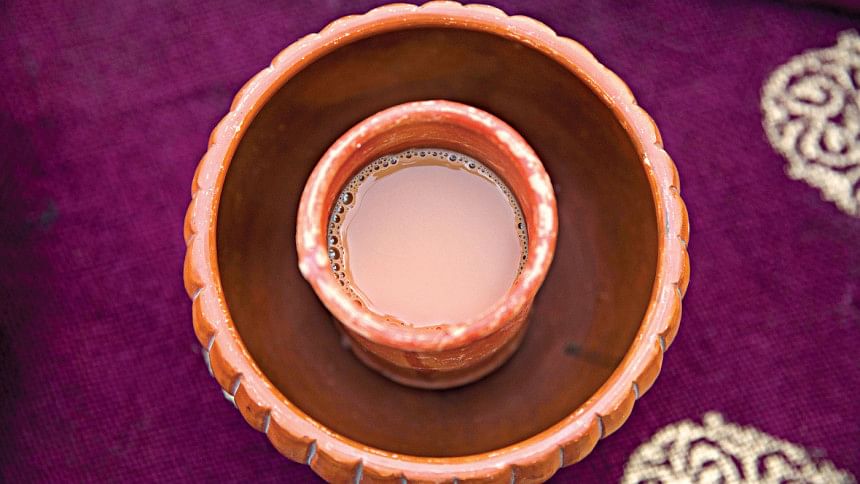
The reason why the tea industry is not doing well from a trader's perspective is primarily because there are no rules and regulations in the industry to monitor ethical trading practices. Some suppliers are directly procuring tea from gardens and distributing it to the retailers at a lower price compared to the ones bought from the auction. This prompt selling, that too on credit, has become a major risk factor in this industry.
The loss of the export market has also reduced the profitability of the tea industry as now all the traders are competing in the domestic market. Nevertheless, our thirst for a cup of good tea remains as strong as ever! Specially so when the rains come pouring.

 For all latest news, follow The Daily Star's Google News channel.
For all latest news, follow The Daily Star's Google News channel. 

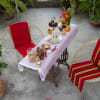
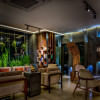

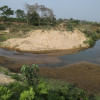



Comments